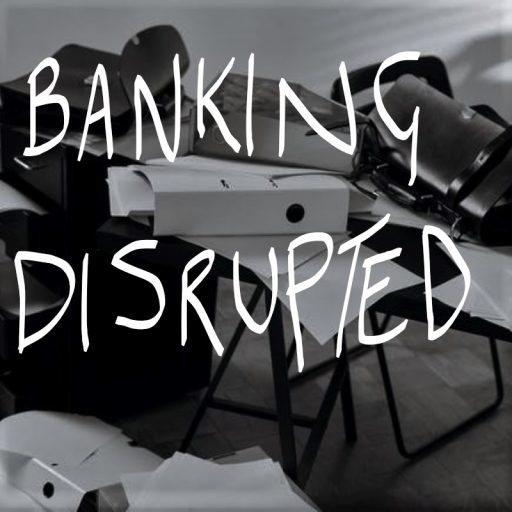The key to understanding people, the environment, politics, entrepreneurs, culture, technology, crime, poverty, music, societal behaviour, and any other facet of life starts with deliberate questioning. The ability to make a series of quality enquiries, to create a good conversation enriches understanding, and drives a deeper comprehension of the topic at hand. If a quality conversation can be had with some of the most progressive thinkers in our world today, then quite frankly nothing short of magic occurs. In a nutshell this is what Thought Economics is, a truly enchanting, informative, emotional, and thought-provoking examination of the larger questions that determine our global well-being.
Vikas moves us gently, but pointedly, around the themes of identity, culture, leadership, entrepreneurship, discrimination & injustice, conflict, and democracy. Exploring these ideas with an impressive, and eclectic number of free-thinkers, futurists, industry titans, artists, professors, scientists, writers, politicians, and philosophers, some of the most famous people in the world! Thought Economics is the result of these conversations, where the dialogue is captured with the aim of perhaps getting us all to challenge ourselves to broaden and deepen our understanding of how we see the world.
Big Messages/Key Quotes:
I normally summarise key messages in this section, but this time to stay congruent with the authors preference for the long-form, I will instead share 6 quotes from Thought Economics that I hope will inspire you to read the full works! Because you are in for a massive binge-read if there ever was one! The book will do nothing short of ignite your appetite to learn more, change more and contribute beyond yourself. After all, is this not why we are all really here?…
- On identity – “a life well lived means that you spend a substantial amount of time addressing the troubles of the world – trouble with yourself, your family, your community. Everyone has a sense that things are less than they could be, and everyone is affected by the suffering they see around them. It seems to me that lays a moral burden on us that can’t be avoided, and that’s the only way to rectify this burden is to confront it and try and do something about it” – Dr Jordan B. Peterson, Professor of Psychology at the University of Toronto, and author of multimillion-copy best seller 12 rules for work: an antidote to chaos
- On culture – the question posed here is what is the role of storytelling in our culture? “We use it to encourage the new generation to understand something to allow them to step forward without going back, without having to repeat everything” – Maya Angelou, American poet, civil rights activist, and celebrated author
- On Leadership – “great leaders are also people filled with compassion. They are not in it for themselves, they are not trying to fight their corner and make bureaucratic winds. They are doing it because they feel an ethical and moral responsibility to make a difference and build communities around them. Bureaucracy isn’t going to fall from the top it will fall from underneath when people start to challenge the idea that it’s the best way to run an organisation. You are only as helpless as you choose to be.” Gary Hamel, American management speaker and a celebrated business thinker
- On Entrepreneurship – “the first attribute of a great business’s longevity; that is why I have tremendous respect for companies that have been in business for a long time such as IBM, GE, Unilever and Philips. Commercial longevity is about successfully navigating through peaks and troughs. It’s about going through difficult periods, learning to take the inevitable disappointments and continually improve. Longevity is about dusting your knees when you fall down and continuing your journey. It is also the ability to make a difference to society on a sustained basis” – R. Narayana Murthy, Indian software entrepreneur and Co-founder of tech giant Infosys
- On discrimination and injustice: them and us – what does feminism mean to you? “ Believing that women have the right to economic, social and political equality to men is the basis of feminism – and if you apply that definition, I hope very few people will be able to say they are not feminists” Laura Bates, feminist writer, and founder of the Everyday Sexism Project in 2012
- On conflict – will we see a world free from conflict? “If people really care, then this could definitely be achieved within the lives of our children or possibly our grandchildren. It is possible! People have to stand up and say no to being cannon fodder for a few sitting in the capitals who send them to war for more power, money, resource and more – Jody Williams, American political activist, Nobel Peace Prize winner 1997 from work banning anti-personnel landmines
Why read this book?
This is perhaps one of the most comprehensive points of view on the important topics that typically don’t get enough “constructive” airtime, particularly the themes around identity, injustice and conflict. A brilliant collection of interviews that showcase some of the most progressive thinking across all 6 fields examined, and a real sharing of insights that are relevant for everyone looking to improve their perspective on how life is engaged with. Congratulations to the author for having the tenacity to seek out these insights, and then do something much harder, much braver….capture and share them in the spirit of fuelling understanding and awareness, which in turn is of course the first step on the path to enduring change.




